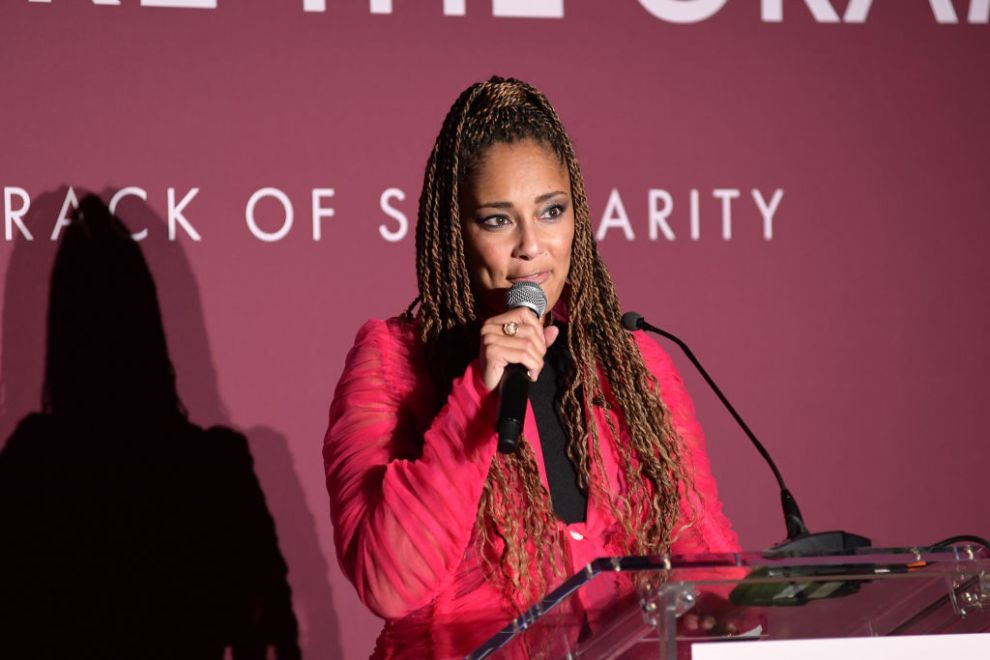Renowned comedian and actor Amanda Seales recently revealed her Autism Spectrum Disorder (ASD) diagnosis on Shannon Sharpe’s Club Shay Shay podcast. At the age of early forties, Seales’s revelation sheds light on the underrepresentation of ASD diagnoses among Black women, a disparity echoed by findings from the Autism Journal. The journal’s research underscores the delayed diagnoses within the Black female demographic, contributing to their invisibility in scientific discourse.
ASD, as defined by the Centers for Disease Control (CDC), manifests in differences in brain development. It impacts social communication, interaction, and behavior. Seales’s advocacy emphasizes the critical need for clarity and understanding regarding ASD. She has often championed the spread of knowledge surrounding this. Seales seeks to raise awareness about neurodiversity, a term she employs to describe individuals processing information differently from the neurotypical norm. Seales’s ASD diagnosis illuminates her unique cognitive profile and challenges societal norms surrounding neurological diversity.
Unveiling Amanda Seales‘ Autism Spectrum Disorder Journey
During her candid discussion on Club Shay Shay, Seales confronts the misrepresentation she has endured in media narratives. These narratives, labeling her as “unlikable” or “difficult,” intensified with her rising visibility, evoking emotional responses from Seales. Her journey traverses societal expectations and self-identity, spotlighting the intersectionality of race, gender, and neurodiversity. Seales’s disclosure fosters dialogue and understanding within diverse communities, advocating for inclusivity and acceptance.
Seales’s openness regarding her diagnosis contributes to destigmatizing ASD and encourages others to embrace their neurodiversity. Her story underscores the significance of recognizing and accommodating diverse neurological profiles in society. By sharing her journey, Seales advocates for increased awareness. She desires acceptance, and inclusivity for individuals across the autism spectrum, particularly within marginalized communities. Through her advocacy, Seales aims to pave the way for a more inclusive and understanding society for all individuals, regardless of what their neurological differences are.

